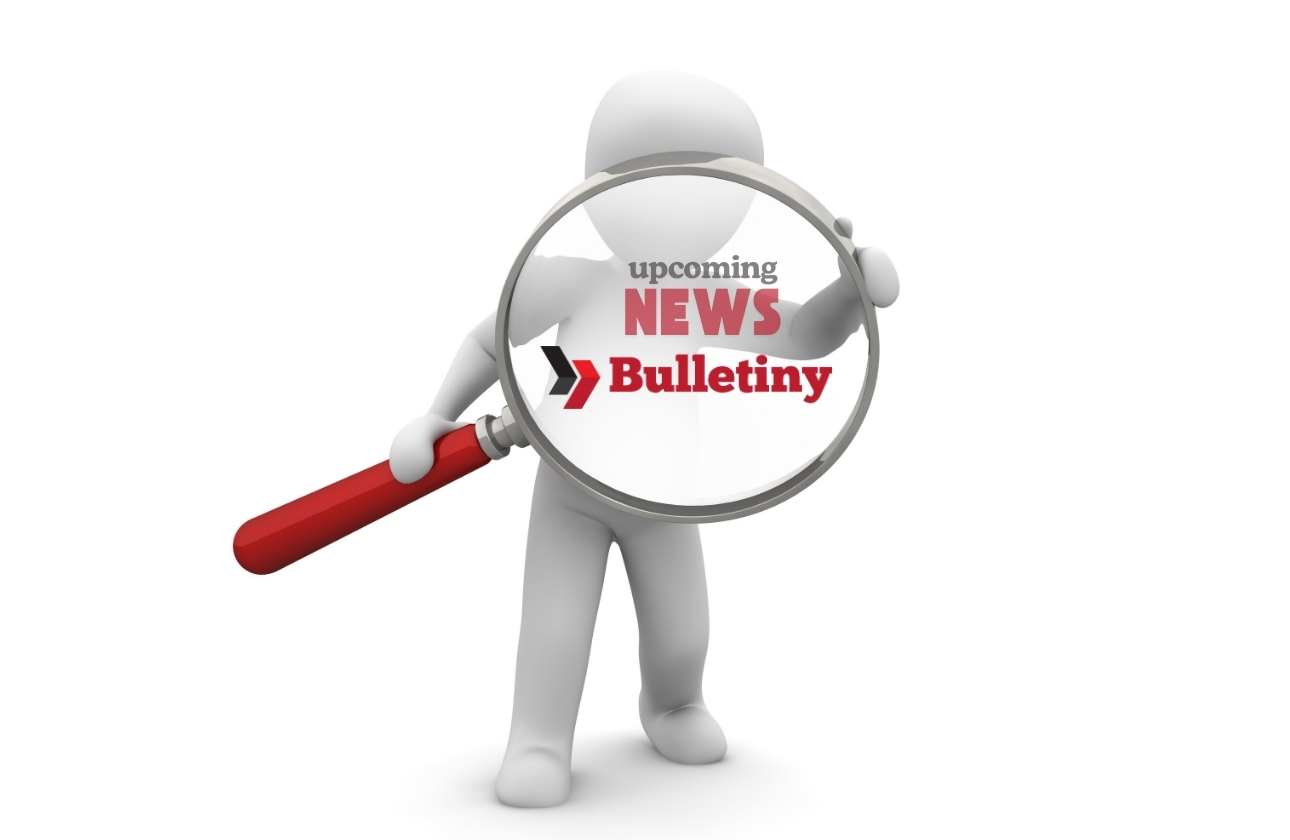Understanding Inflation
Inflation refers to the overall increase in prices for goods and services in an economy over a period of time. This phenomenon erodes purchasing power, meaning consumers can buy fewer goods and services with the same amount of money. Understanding inflation is crucial for comprehending its ripple effects on consumer spending and the broader economy.
The Relationship Between Inflation and Consumer Spending
When inflation rises, consumers often alter their spending habits. As the cost of living increases, individuals and households may prioritize essential purchases over discretionary spending. For instance, when food, gas, and housing costs surge, consumers may curtail spending on entertainment, travel, and luxury items.
Cash Flow and Budgeting Adjustments
To cope with rising prices, consumers need to adjust their budgets. This often leads to:
- Increased price sensitivity
- Shifts towards discount retailers
- Greater use of credit cards and financing options
- More emphasis on savings and value-driven purchases
Long-Term Consumer Behavior Shifts
Persistent inflation can lead to long-term changes in consumer behavior. For instance, consumers may become more cautious, saving more and investing less in volatile markets. This can result in a potential slowdown of economic growth as businesses may find themselves with decreased sales and revenues.
Impact on Economic Growth
Consumer spending is a vital component of economic health, accounting for a significant portion of GDP. As inflation-induced changes in consumer behavior occur, overall demand in the economy can decrease, leading to:
- Reduced business investment
- Lower levels of employment growth
- Persistent stagnation in economic output
Policy Responses to Inflation
Governments and central banks often respond to rising inflation through monetary policy measures. These can include:
- Raising interest rates
- Reducing the money supply
- Implementing fiscal policies to stabilize prices
Each of these measures carries its implications for economic growth and consumer confidence.
Conclusion
In summary, inflation has a profound impact on consumer spending and overall economic activity. It triggers a shift in consumer priorities, influencing budgeting, spending habits, and ultimately economic growth. Understanding these dynamics is essential for businesses, policymakers, and consumers alike as they navigate the complexities of an inflation-affected economy.




Comments (0)